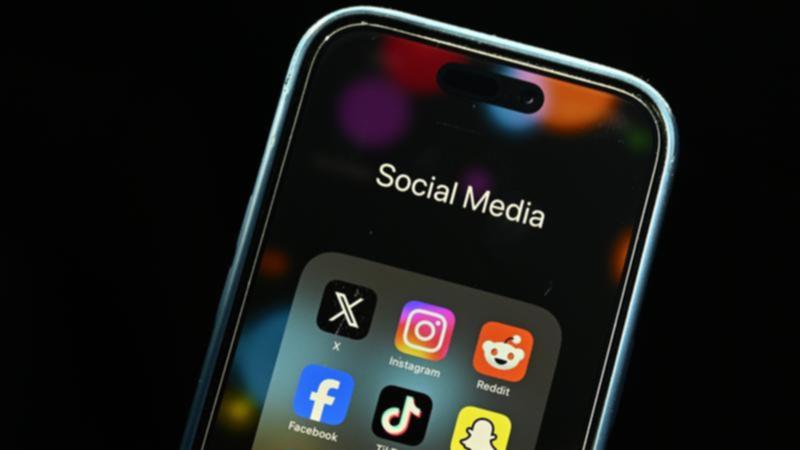EDITORIAL: Social ban an old man solution to a modern problem
EDITORIAL: While Albo’s headline-grabbing stunt may give the illusion of action, that’s all it is — an illusion. It will make little difference in helping to keep kids safe on social media.

You know about Facebook, Instagram and the social media site formerly known as Twitter.
You’ve probably got a YouTube account and you may even have downloaded TikTok or Snapchat out of curiosity.
But have you ever heard of Wiper? How about WeChat? Kik?
Sign up to The Nightly's newsletters.
Get the first look at the digital newspaper, curated daily stories and breaking headlines delivered to your inbox.
By continuing you agree to our Terms and Privacy Policy.How much do you know about Discord?
Or Roblox, the gaming platform which is immensely popular with pre-teens?
And how much do you think Anthony Albanese or his Communications Minister Michelle Rowland know about any of these platforms?
Judging from the naivety of their plan to impose a blanket ban on children under 16 accessing social media, not a lot.
It’s an old man’s solution to a 21st century problem.
And you can guarantee that tech developers will have new, potentially more harmful apps in kids’ pockets faster than they can say “OK boomer”.
Part of the problem is trying to define what social media actually is. Roblox, for example, is actually a gaming platform that allows users to create their own games. But it also has “hangout experiences” in which users can communicate with one another via text and voice.
Is that a form of social media?
Is YouTube? Or messaging services such as WhatsApp?
Or the many thousands of games that allow you to play against — and communicate with — users around the world?
The Government wants to pass the laws booting kids from social media this year, after which the stopwatch would start on a 12-month implementation period, allowing for developers to run trials on their age verification technologies.
It’s hard to imagine it’s going to be an effective solution.
Today’s tech-savvy teens and kids will figure out workarounds immediately.
And even if the law does somehow succeed in forcing them off the sites they use today, you can bet they won’t be logging off altogether.
They’ll find new sites and new ways of communicating away from parents’ prying eyes.
There’s no doubt that social media is harming kids.
It distorts their body image. Piles on pressure to have the latest product. Exposes them to cyberbullying. Invites communication from potential sexual predators and scammers. Violent imagery, and racist and misogynistic content are rife and can warp young minds.
We need to come up with effective ways to mitigate those harms.
While this headline-grabbing stunt may give the illusion of action, that’s all it is — an illusion. It will make little difference in helping to keep kids safe online.
As with many potentially harmful products, the better solution would have been effective regulation.
Social media companies should be held to account to effectively monitor the content on their sites and remove that which is illegal or inappropriate.
Protecting kids online requires buy-in from all parties. Parents, governments and tech giants.
Anything else is doomed to fail.
